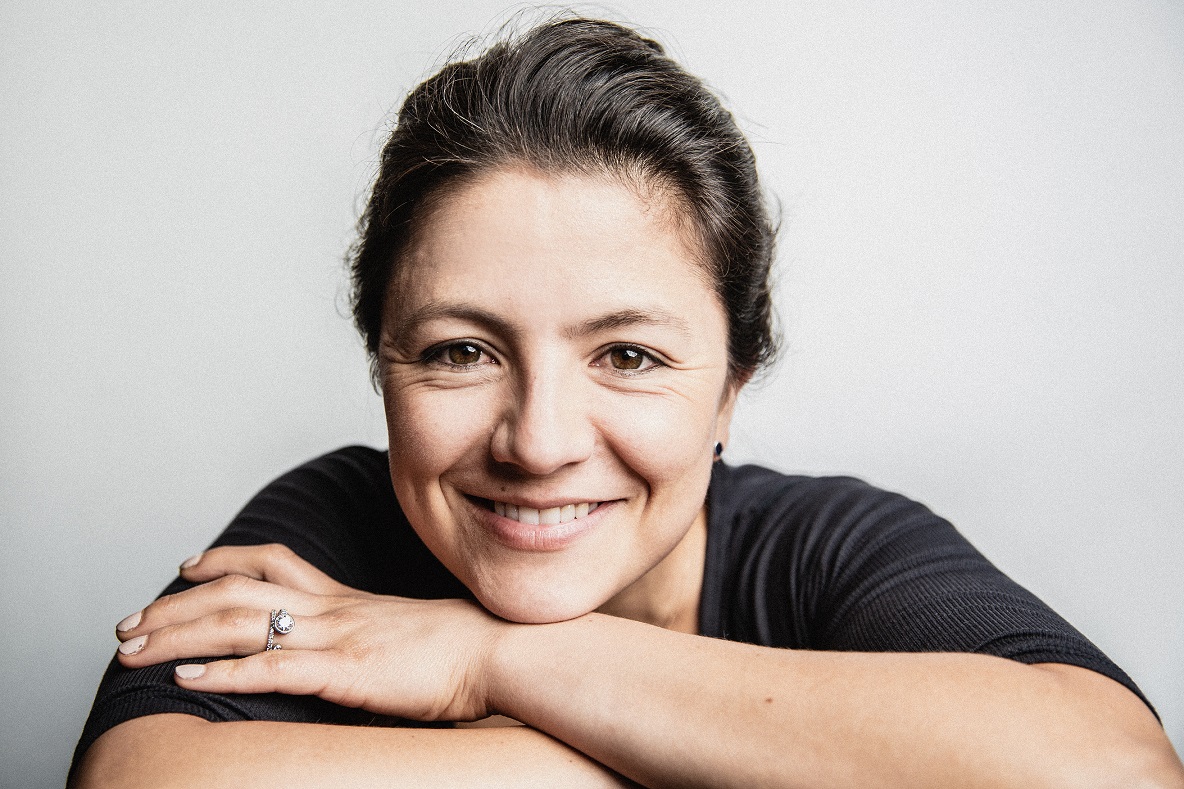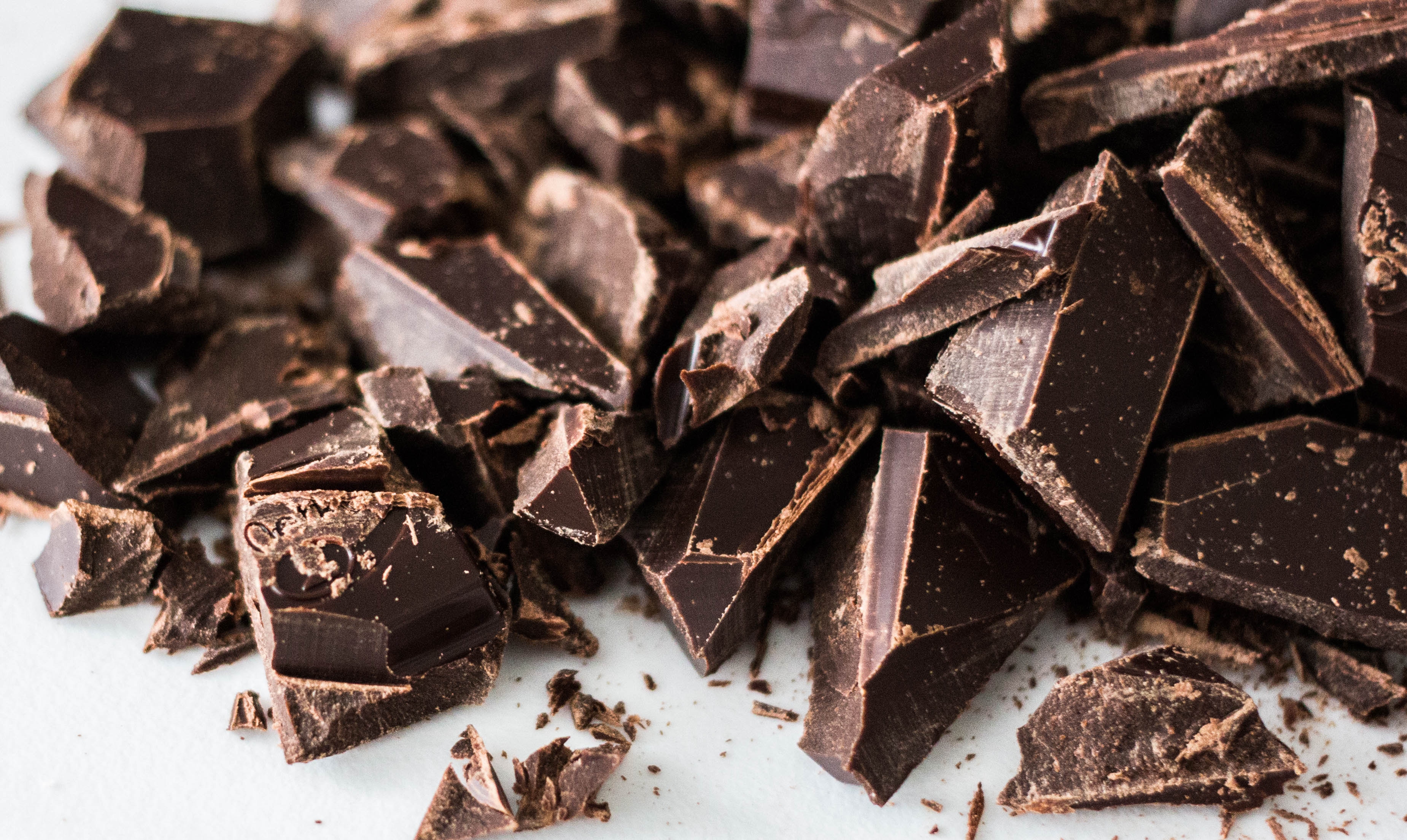A healthy, sane relationship with food is a puzzle with many pieces. One of them is pleasure. We tend to see the act of eating as a linear relationship between the energy we put in our bodies, and the energy we expend. Calories in, calories out! For too long, the experience of eating has been filtered by our desire to lose or maintain a specific number on the scale. The result: a boring relationship with food that eliminates any opportunity to feel pleasure.
Take chocolate as an example. When we have a complicated relationship with food (that is, when we overeat, restrict, diet, feel guilty and overeat again) chocolate is one of those forbidden, dangerous foods that we fear. We avoid it, buy low- calorie and fat versions of it, or eat an apple to distract our cravings. We want to feel “pleasure” and “be good” at the same time.
These “tricks” have three unintended consequences.
The first one is that it prevents us from discovering the real trigger behind our cravings (e.g. stress? sadness? boredom? loneliness? physical hunger? nutrient deficiency?). The diet mindset says cravings signal that something is wrong with us, when in reality it’s our bodies’ way to manifest it’s natural wisdom (aka what helped our ancestors survive through time). If you reject and demonize cravings, how can you ever listen to them and understand what’s behind them?
The second one is that it perpetuates the idea that a specific food is forbidden, in this case chocolate, and so our rebel brains desire it more than we would if we didn’t set rules around these foods. “On any diet, you are always in a state of either compliance or rebellion. The more you comply, by sticking to the diet, the more it sets you up to rebel”, says Gillian Riley, English author who writes about willpower. The result? We overeat and end up breaking the “rules”…once more, setting up the wheels of the vicious cycle.
Making an effort to avoid pleasure and follow rules, and fearing weight-gain because we eat forbidden foods creates a stress response in the body and increases the circulation of cortisol, which desensitizes to pleasure, which, at the same time, promotes overeating. Think about this: When you binge or overeat until numb, are you enjoying it? Is there pleasure involved? If you have a complicated relationship with food, the answer is no.
Eat chocolate. The real one. Feel pleasure.
Extensive research referenced by Marc David in The Slow Down Diet, indicates that “pleasure, metabolism and a naturally controlled appetite are interwoven to the core.”
As counter-intuitive as it may sound to you, one of the keys to achieving food freedom is allowing yourself to feel pleasure. Eat the full-fat version of that chocolate bar you love (I use chocolate as an example, but maybe for you is bread, or ice cream). Indulge. Make it special. Do it slowly. Breathe between bites. Stop when pleasure is gone. That’s how you should eat chocolate.
When you experiment with these ideas, you’ll discover that the cravings are less intense. You’ll notice how you’ll prefer higher quality chocolate. You’ll see how overeating it won’t be attractive anymore. You’ll experience how you’re more aware and have a better understanding of why you eat.
Sometimes the best medicine is breaking the rules and allowing yourself to feel pleasure. Because when you experience it, you don’t crave it. You crave it because you’ve self-imposed the lack of it.
Do you want to be able to eat chocolate, feel pleasure, and stop like “normal” people? Schedule a complimentary session here and let’s talk!
The information provided in or through this Website is for educational and informational purposes only and solely as a self-help tool for your own use.
Written by Lina Salazar.


